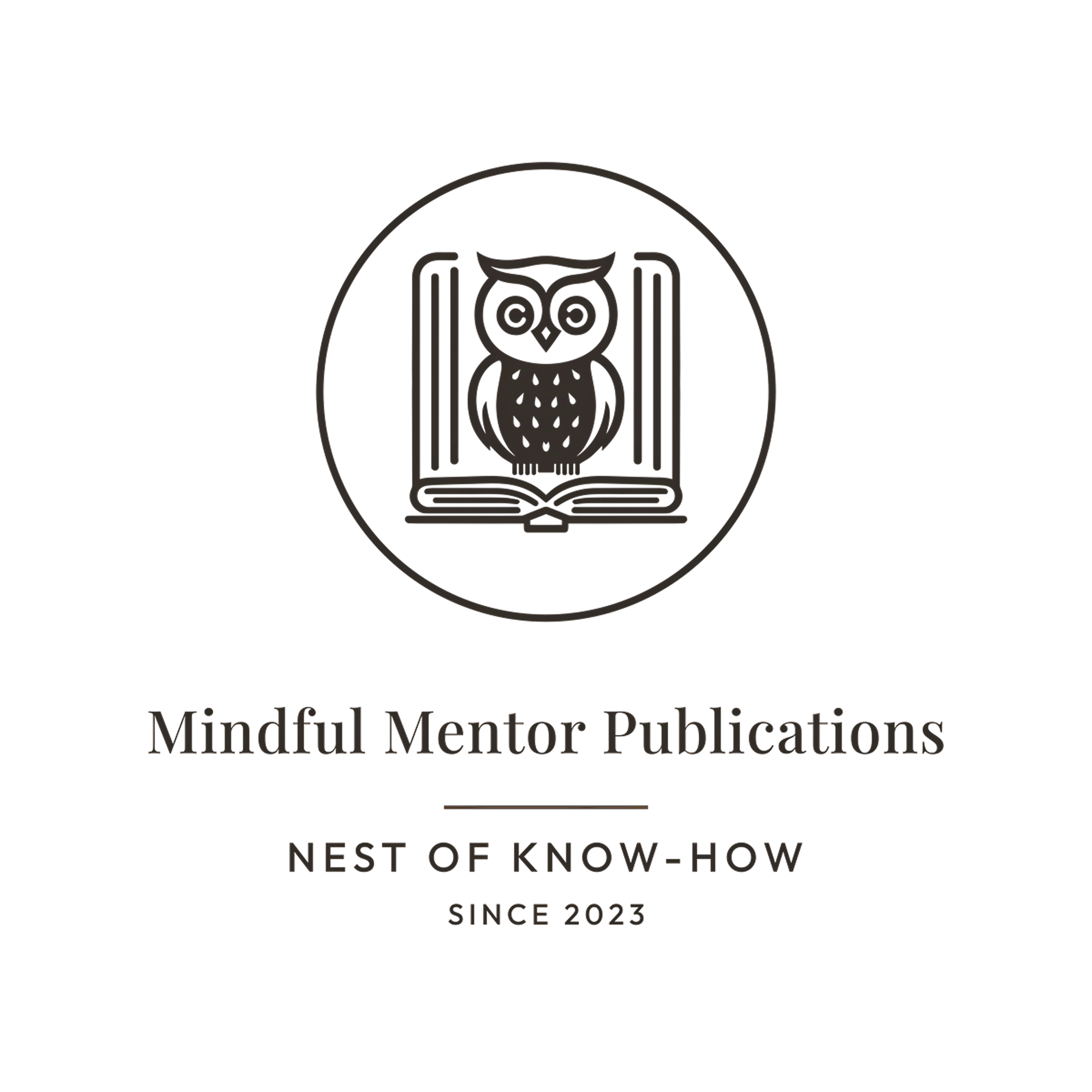Are you ready to make your winter break a self-care oasis? The holiday season brings challenges for teachers, like report cards and prep. But don’t worry! This article offers self-care tips to recharge and focus on your well-being.

Did you know 100% of teachers feel more stressed in December? This shows how important self-care is during the break. By trying these strategies, you’ll refresh your mind and body. This will help you start the new semester strong.
We’ll cover mindfulness, daily habits, and more to boost your mental health and wellness. You can delegate tasks, try physical activities, or pamper yourself. These ideas aim to make your holiday break special.
Key Takeaways
- Prioritize self-care to combat holiday season stress
- Engage in physical activities to boost mood and reduce stress
- Practice gratitude and mindfulness for improved mental health
- Incorporate relaxation techniques into your daily routine
- Connect with loved ones and pursue personal interests
- Prepare for the upcoming semester to ease back-to-school transition
Understanding the Importance of Teacher Self-Care During Winter Break
The winter break is a chance for teachers to recharge and focus on their well-being. You often put others first, forgetting about your own needs. It’s time to make teacher self-care a priority and fight burnout.
Recognizing the Stress of the Holiday Season
The holiday season can be joyful but also stressful for teachers. You might deal with family duties, shopping, and work tasks. It’s important to recognize these stresses and allow yourself to take a break.
Benefits of Taking Time for Yourself
Taking time for self-care is not selfish; it’s crucial. When you focus on your well-being, you’ll come back to teaching refreshed and more effective. Activities like journaling, walking in nature, and spending time with loved ones can lower stress and prevent burnout.
Setting Realistic Expectations for Your Break
It’s tempting to fill your break with activities, but rest is key. Set goals that allow for relaxation and happiness. Do things that make you happy and bring back your love for teaching. Small, consistent self-care steps can greatly improve your well-being.
| Self-Care Activity | Benefit |
|---|---|
| Gratitude Journaling | Improves mental health |
| Nature Walks | Reduces stress levels |
| Connecting with Loved Ones | Enhances emotional well-being |
| Engaging in Hobbies | Boosts creativity and joy |
By practicing these self-care activities during your winter break, you’ll be ready to face the new semester with more energy and enthusiasm.
Mindful Relaxation Techniques for Educators

Winter break is a great time for teachers to relax and reduce stress. Mindfulness can greatly improve your mental health and well-being. Let’s look at some effective ways to relax for teachers.
Meditation is a strong tool to lessen stress and improve focus. Begin with just five minutes a day, then increase the time as you get more comfortable with it. Find a quiet place, sit comfortably, and focus on your breath. This simple act can make you feel more balanced and less stressed by teaching demands.
Deep breathing exercises are also great for relaxation. Try the 4-7-8 technique: breathe in for 4 counts, hold for 7, and breathe out for 8. This can quickly soothe your nerves, especially when you’re worried about grading or planning lessons.
Journaling is a fantastic way to express your thoughts and feelings. Spend a few minutes each day writing about your experiences, challenges, and achievements. Many teachers find that this helps them lift their spirits and gain new insights into their work.
- Practice gratitude: List 3 things you’re grateful for daily
- Try nature walks: 78% of educators report improved mental clarity after outdoor activities
- Use essential oils: 65% of teachers note positive mood changes with aromatherapy
Remember, taking care of yourself isn’t selfish. By focusing on your well-being, you’re better able to support your students. Embrace these mindful practices during your break, and you’ll come back to class feeling refreshed and ready to inspire.
Teacher Winter Break Self Care: Physical and Mental Wellness Activities
Winter break is a great time for teachers to focus on self-care. It’s a chance to mix physical and mental wellness activities. This helps refresh your mind and body for the next semester.
Engaging in Light Exercise and Stretching
Light exercise and stretching keep you physically well during the break. A brisk walk or gentle yoga session can boost your health. In fact, 46% of educators feel very stressed, but exercise can lower that.
Practicing Meditation and Mindfulness
Meditation and mindfulness boost your mental health. Starting your day with quiet activities like meditation or journaling is helpful. These practices fight sleep issues that 51% of educators face during the school year.
Exploring New Hobbies or Revisiting Old Ones
Doing hobbies is a fun way to relax and find happiness during your break. It could be reading, crafting, or learning something new. These activities give you a sense of achievement and lessen stress. Many teachers enjoy writing or drawing in a notebook for mental health.
| Self-Care Activity | Benefit | Recommended Frequency |
|---|---|---|
| Light Exercise | Reduces stress, improves physical health | 30 minutes daily |
| Meditation | Enhances mental clarity, reduces anxiety | 15 minutes daily |
| Hobbies | Provides joy, sense of accomplishment | 1 hour daily |
Self-care isn’t selfish. It’s key for keeping you well and making sure you come back to teaching refreshed and full of energy.
Nurturing Connections and Personal Growth
Winter break is a great chance for teachers to recharge and grow personally. It’s a time to connect with friends and family, which can lift your spirits. With 46% of teachers feeling very stressed during the school year, this break is key.
Quality Time with Loved Ones
Make time with those you care about most. Plan fun activities that strengthen your bonds and make memories. Whether it’s a night in playing games or a special dinner, these moments are important. They help you keep a good balance between work and, which 72% of teachers find hard.
Reflecting on Achievements
Reflect on what you’ve achieved this semester. Celebrate your wins, big or small. This can lift your spirits and prepare you for the next term. Writing in a journal about your growth and successes is a good idea.
Setting Gentle Goals
Don’t rush into planning too much. Set gentle goals for personal growth instead. This helps guide you without making things too hard. Try new hobbies or revisit old ones to bring back joy and creativity.
| Personal Growth Activity | Benefit | Time Investment |
|---|---|---|
| Reading professional development books | Enhances teaching skills | 30 minutes daily |
| Attending virtual workshops | Expands knowledge base | 2-3 hours weekly |
| Learning new teaching strategies | Improves classroom engagement | 1 hour daily |
| Practicing mindfulness | Reduces stress levels | 15 minutes daily |
Remember, 68% of educators think self-care is key to success. By focusing on personal growth and connections during your break, you’ll be ready to handle teaching in any setting when you go back to work.
Embracing Self-Care for a Rejuvenated Return to Teaching
As an educator, your role is important yet demanding. Did you know teachers make about 1,500 decisions daily? This can lead to decision fatigue, making even simple choices tough. That’s why embracing self-care ideas during your winter break is key to a rejuvenated return to teaching.
Your wellness matters. Research shows teachers often face compassion fatigue from working with students dealing with trauma. By prioritizing teacher self-care, you’re building resilience to handle these challenges. Consider incorporating quick self-care routines into your day, even during the school year.
Setting boundaries is vital for a healthy work-life balance. Use this break to disconnect from work and focus on activities that bring joy. Maintain good sleep habits and make nutritious food choices. Remember, your self-care directly impacts your ability to support your students. When you return to teaching, you’ll feel refreshed and ready to tackle the new semester with renewed energy.
Embrace this opportunity for personal growth. Consider joining virtual conferences or workshops focused on teacher wellness. Many offer strategies to manage stress and improve overall well-being. By investing in yourself now, you’re setting the stage for a more fulfilling and effective return to the classroom.
FAQ
Why is self-care important for teachers during winter break?
The holiday season can be tough for teachers. They deal with report cards, professional growth, and holiday tasks. Taking time for self-care helps them recharge. It reduces burnout and boosts mental health, making them ready for the new semester.
What are some mindful relaxation techniques for educators?
Teachers can use meditation, deep breathing, and mindfulness to relax. Journaling, listening to calming music, and joyful activities also help. Taking a break from work, like grading, can ease stress.
What physical and mental wellness activities are beneficial for teacher self-care?
Light exercise and stretching ease tension and boost health. Meditation and mindfulness calm the mind and lower stress. Enjoying hobbies like reading, baking, crafting, or learning new skills brings joy and a sense of achievement.
How can nurturing connections and personal growth contribute to teacher self-care?
Quality time with family and friends lifts spirits and offers emotional support. Reflecting on past successes keeps a positive outlook. Setting achievable personal goals, like reading books or learning new teaching methods, helps without adding stress.
What are some self-care practices to embrace for a rejuvenated return to teaching?
Good sleep, healthy eating, and joyful activities are key to self-care. Disconnecting from work and focusing on well-being is necessary. By caring for themselves, teachers come back to class refreshed and ready for the new semester.





